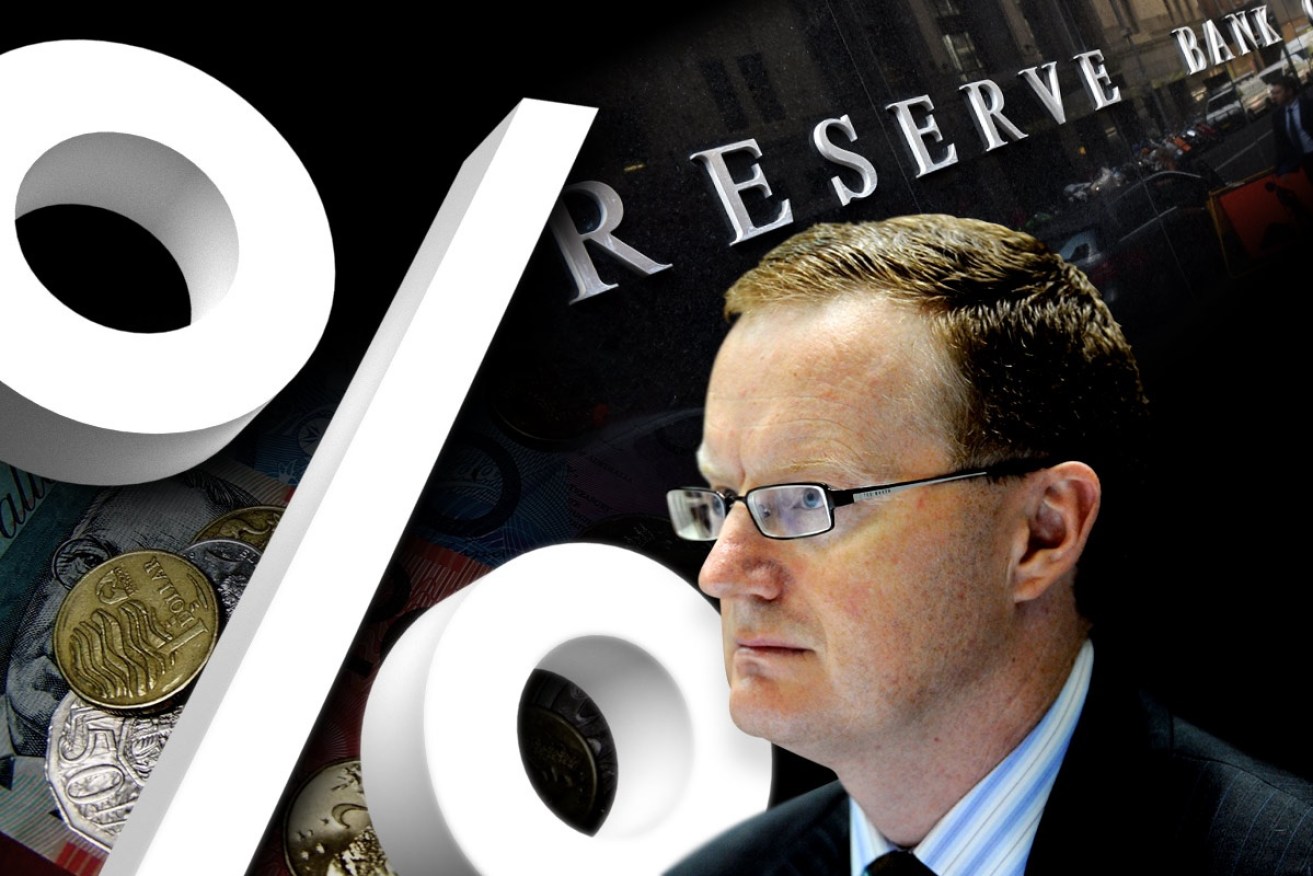RBA boss tells workers to demand more money

Consequently, Australia’s household debt to GDP ratio is amongst the highest in the world.
Australia’s central bank boss has urged workers to ask for pay rises for the good of the economy – an extraordinary call likely to reignite the penalty rates debate.
Speaking at a forum in Canberra on Monday, Reserve Bank governor Philip Lowe pointed to record-low wage growth and labour’s declining share of national income as major economic threats.
He said workers haven’t been asking for more money because they fear losing their jobs to “the foreigners and the robots”.
“When any one of us feel like there’s more competition you are less inclined to put your price up. Firms act like that and workers act like that,” Dr Lowe told the Crawford Australian Leadership Forum.
“We value employment security in an uncertain world and so we’re less inclined to put our price up.”
One solution Dr Lowe proposed was to “put pressure on the labour market” in the hope it would “energise workers to overcome these fears of competition and uncertainty” and start putting their hands out for more money.
That’s economist speak for lowering the unemployment rate, which is thought to give workers more bargaining power when it comes to demanding pay rises.
Dr Lowe’s comments were interestingly timed, given that the Fair Work Commission’s cuts to the penalty rates of more than 600,000 low-wage workers will commence in the new financial year.
The Shop, Distributive and Allied (SDA) Union responded to the speech with the following statement: “The Reserve Bank knows we need wages to go up. How come the Turnbull government is allowing a pay cut for hundreds of thousands of Aussies on 1 July?”
There are two official measures of wages in Australia and both are at very low levels, as the chart below shows.
The RBA’s Dr Lowe also acknowledged that the “labour share of national income is in decline”.
This was a reference to the fact that Australia’s latest gross domestic product (GDP) number showed that the share of GDP going to wage earners fell in the March quarter to 51.5 per cent, the lowest level since 2009.
The result was perilously close to a 53-year low. Before 2009, the wage share of national income hadn’t been so small since it hit 51.3 per cent in 1964.
Meanwhile, the share of national income going to profits rose to a five-year high of 27.5 per cent.
Instead of being scared of the impact of technology – especially robots – on the labour force, Dr Lowe argued instead for a greater focus on the benefits of education.
“These problems we’re talking about aren’t going to be solved in one year or two years. They’re going to be solved in a decade, maybe, if we’re lucky. So in a decade you can really make a difference to the way we do human capital accumulation. It seems to me that needs to be the focus, rather than moaning about technology all the time,” he told the audience.
“Does anyone here think we can make ourselves wealthier by not having improvements in technology and by actually going backwards on technology? It’s kind of fanciful really.
“Technology is the basis of improvements in our living standards. So we’ve got to work out how to do that, how to survive in that, and I think that’s the education system.”










